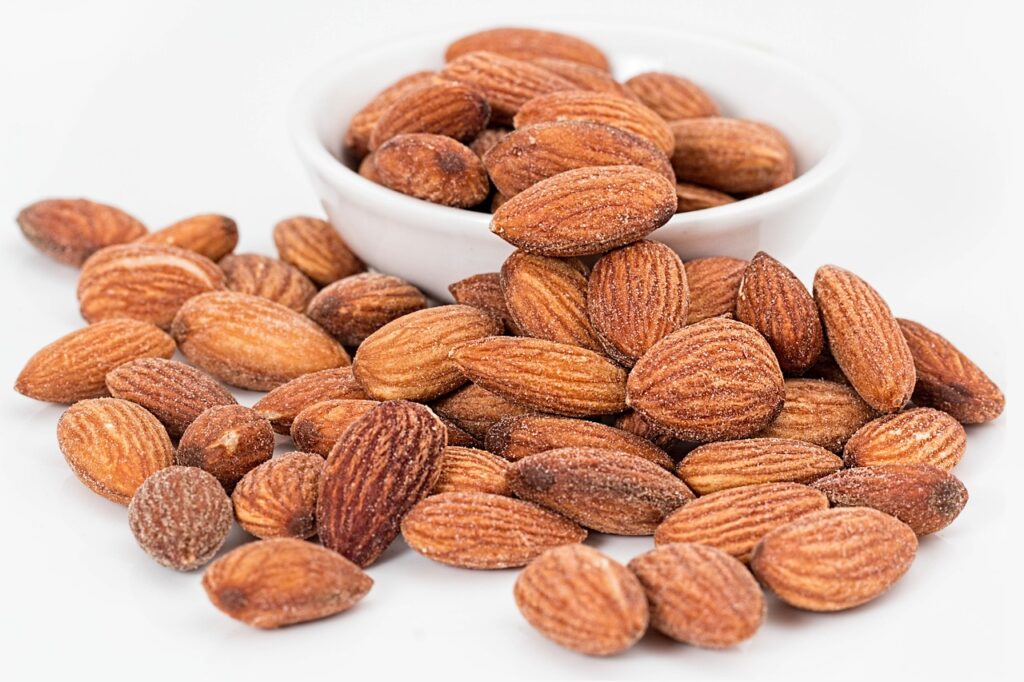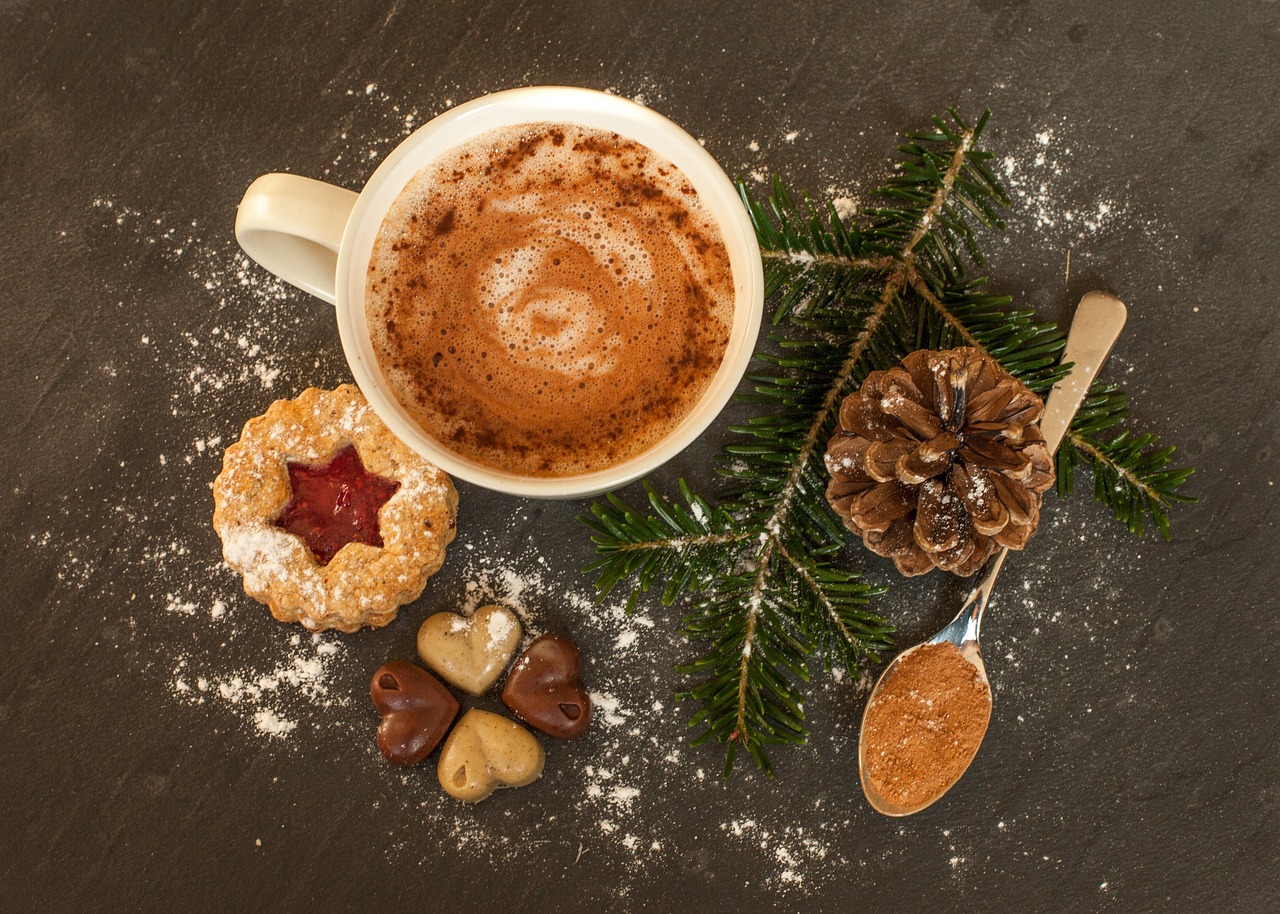
Introduction: The Global Love for Beverages
Do you know what connects us universally, besides our love for music and dance? It’s our shared affection for beverages! From parched desert landscapes to bustling urban cities, everyone has a favorite drink.
Why We Drink: Beyond Just Quenching Thirst
While hydrating our bodies remains the primary reason, beverages also play roles in our rituals, ceremonies, and daily routines. A drink can be a source of comfort, a cause for celebration, or even a bridge between cultures. Intrigued? Let’s dive in!
1. Water: The Universal Elixir
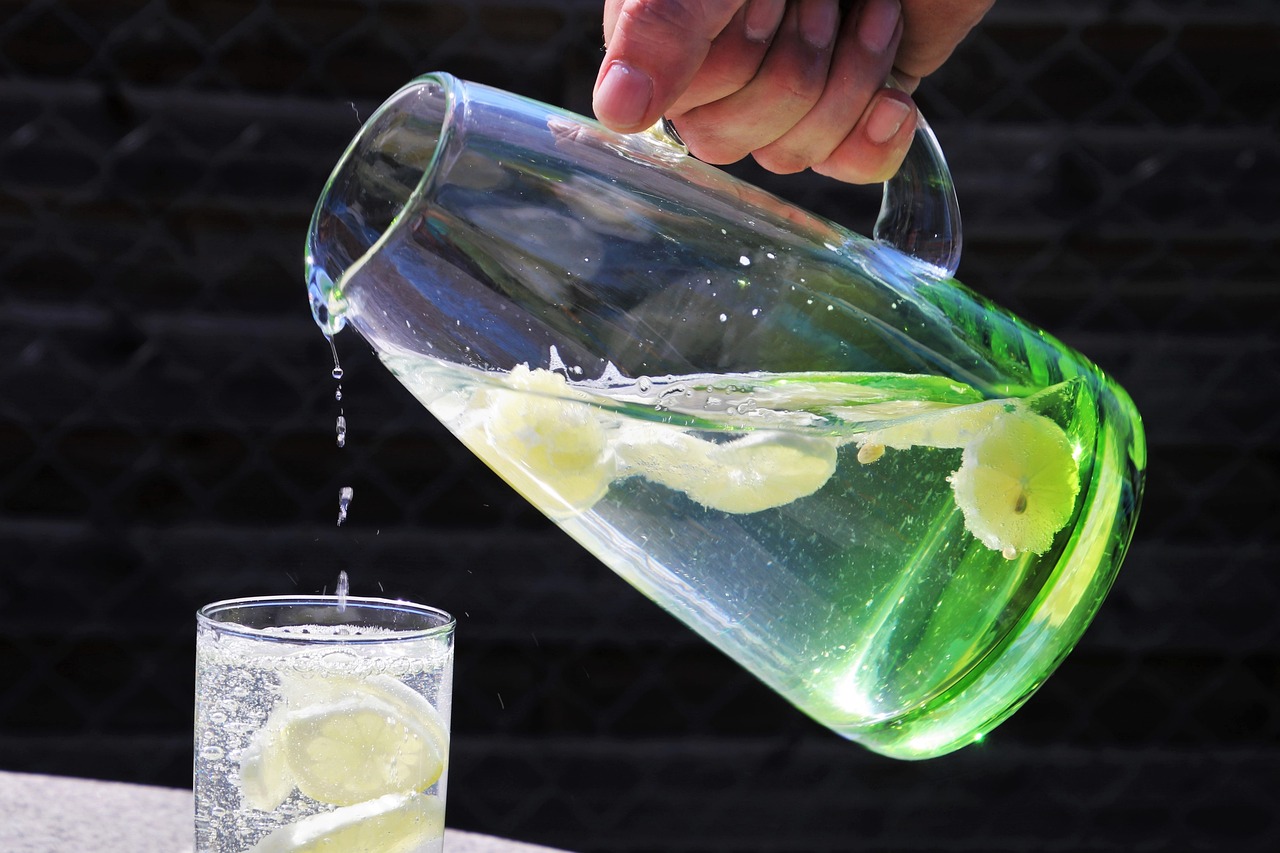
The essence of life, the foundation of every drop and gulp we take – water is, without a doubt, the universal elixir. Its sheer simplicity makes it so indispensable, yet it’s often taken for granted. But have you ever paused to realize its omnipresence in every ritual, tradition, and daily routine?
The Symbolism of Water
Across civilizations and epochs, water has been a symbol of purity, clarity, and rebirth. From the sacred waters of the Ganges in India to the ritualistic uses in ancient Roman baths, water has been revered and respected. Its fluidity is often seen as a reflection of life itself, ever-flowing and ever-changing.
Benefits Beyond Just Hydration
Drinking water is more than just quenching thirst. It’s the unsung hero aiding our metabolic processes, detoxifying our body, and even cushioning our joints. By promoting better digestion, it ensures nutrients from the food we eat are well-absorbed. Moreover, when we opt for a glass of water over sugar-laden beverages, we’re not just cutting calories but embracing clarity, both mentally and physically.
Water in Our Daily Lives
Every morning ritual, be it brewing coffee or steeping tea, begins with water. It’s the canvas on which our favorite beverages are painted. Whether you enjoy it sparkling, with a slice of lemon, or just plain, each sip is a reminder of its irreplaceable value. After all, in a world full of complex concoctions, isn’t it heartwarming to know that the simplest of them all remains the most cherished?
2. Coffee: The Day Starter

For countless individuals, the day doesn’t truly begin until that first sip of coffee touches their lips. It’s a universal language of awakening, of comfort, and of connection. From its rich aroma that fills homes in the morning to its intricate patterns of flavor that dance on our palate, coffee is a cherished ritual that’s steeped in history and culture.
Evolution of Coffee Over Centuries
The journey of coffee is as fascinating as its taste. From its discovery by ancient Ethiopian tribes, where legend speaks of energized goats after consuming coffee cherries, to the coffee houses of 17th century Europe known as ‘penny universities’, coffee has always been more than a beverage. It’s been a medium of exchange, of conversation, and of revolution.
The Cultural Impact of Coffee
Today, coffee shops dot city corners, serving as modern sanctuaries for thinkers, creators, and everyday folk alike. They’re spaces of solace in bustling cities and sleepy towns. And it’s not just about the coffee. It’s about the atmosphere, the background chatter, the soft jazz music, and the clinking of mugs. These shops are living testimonials to coffee’s enduring cultural imprint.
From Bean to Brew
The art of making coffee is a tale in itself. From the choice of beans, their roasting profile, to the method of extraction – be it the quick espresso, the delicate pour-over, or the robust French press – every step is a testament to human ingenuity and passion for perfection. Each cup tells a story, not just of its origin, but of the hands that crafted it. In essence, when you’re holding a cup of coffee, you’re holding a piece of history, culture, and art.
3. Tea: The Drink with Ancient Roots
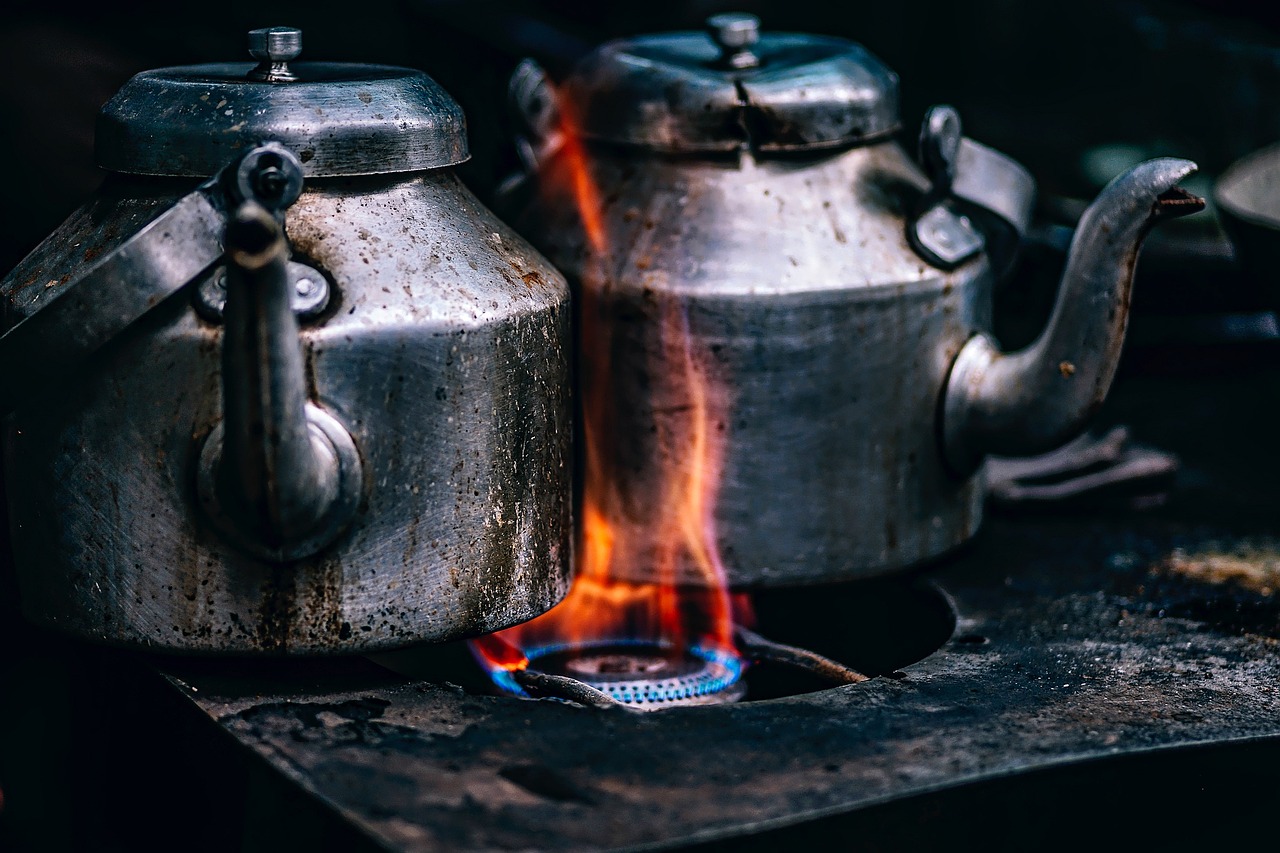
From its humble origins in ancient China to its revered status across continents, tea has stood the test of time. It’s not just a beverage; it’s a tapestry of cultures, rituals, and traditions. The very act of brewing tea leaves, allowing them to unfurl and release their essence, is like witnessing a dance of nature. Whether it’s the delicate white tea, the refreshing green, the aromatic oolong, or the bold black, each variant of tea has its unique tale and tradition.
The Journey of Tea
The legend of tea starts with the Chinese emperor Shen Nong, who accidentally discovered it when tea leaves blew into his pot of boiling water. This serendipitous event led to the birth of a drink that would enthrall civilizations for millennia. As the Silk Road opened trade routes, tea found its way to Central Asia, the Middle East, and eventually Europe, evolving in flavor and cultural significance with every region it touched.
Tea Ceremonies: An Art and Meditation
The ritual of preparing and drinking tea is an art form in many cultures. In Japan, the traditional tea ceremony, ‘Chanoyu’, is not just about tasting tea but is a choreographed work of art that emphasizes harmony, respect, purity, and tranquility. Similarly, in England, the afternoon tea ritual is an elegant affair, a symbol of sophistication and a time to relax and converse.
Healing Powers and Traditions
Tea isn’t merely a comforting drink; it’s a potion of wellness. The antioxidants in tea, especially catechins in green tea, have been linked to numerous health benefits. From improving heart health to aiding in weight management and boosting cognitive functions, the health merits of tea are vast. Ancient medicine systems, like Ayurveda and Traditional Chinese Medicine, have long revered tea for its healing properties. So, with every cup, you’re not just sipping a beverage but embracing a legacy of health and wisdom.
A Modern-Day Muse
Today, tea continues to inspire. Modern tea shops and lounges experiment with flavors, blending tradition with innovation. From bubble teas that have taken the world by storm to artisanal blends that fuse herbs and flowers, tea remains ever-evolving, proving its timeless allure in a constantly changing world.
4. Beer: Cheers to the World’s Celebration Drink!
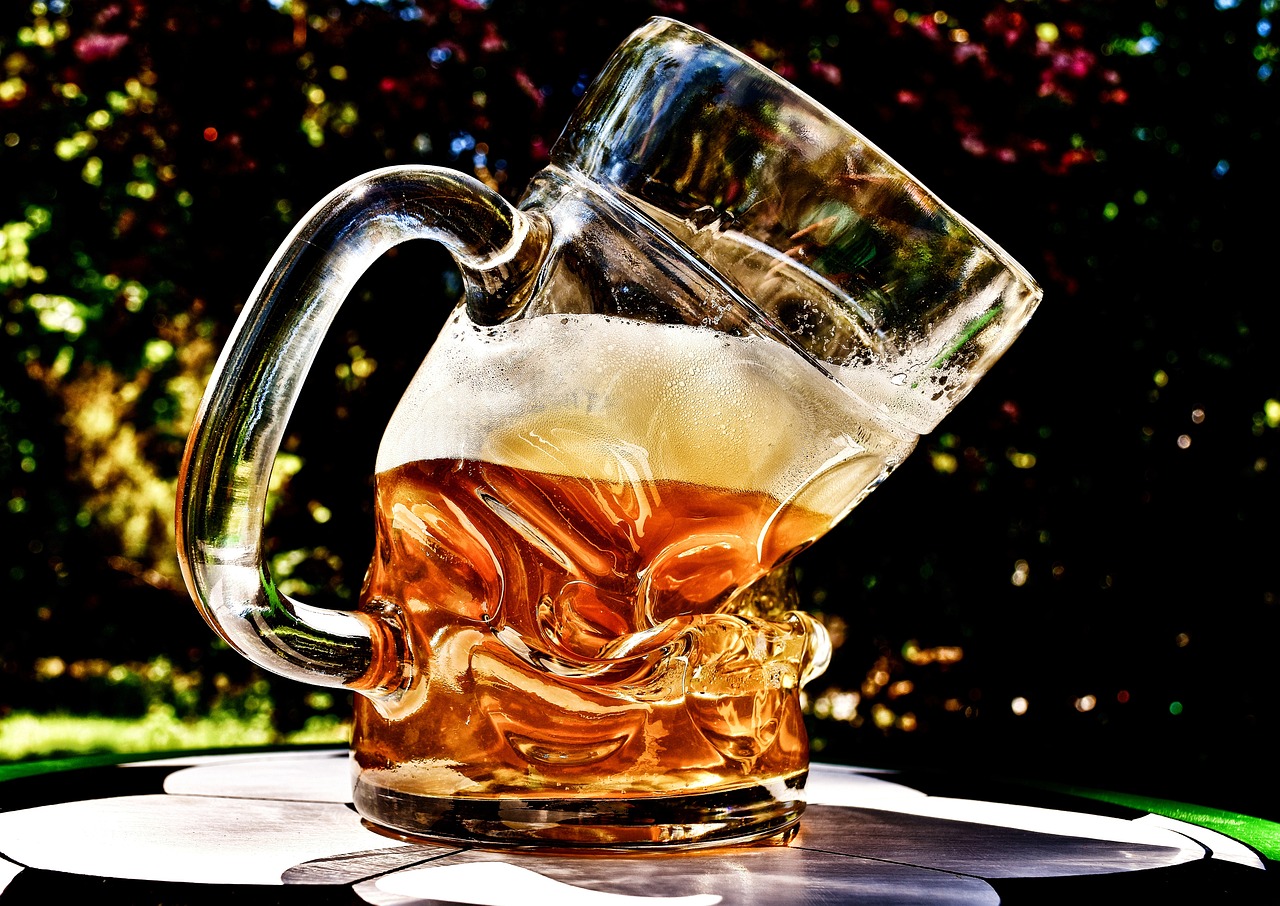
Beer, often referred to as “liquid bread”, has been an integral part of human history. Its golden hue, effervescent bubbles, and the wide range of flavors – from bitter to sweet – mirror the complexity and diversity of its origins and its significance in human culture. Whether you’re raising a pint at a local pub, toasting with a lager at a family reunion, or savoring a stout by a campfire, beer has a way of bringing people together and making the ordinary moments extraordinary.
The Ancient Brew
The annals of history show that beer’s tale began over 7000 years ago in ancient Mesopotamia. These early brews were a far cry from the refined tastes we know today; they were often thick, gruel-like, and flavored with a medley of ingredients like dates and herbs. Ancient Sumerians even had a goddess of brewing and beer named Ninkasi, and one of the oldest surviving beer recipes is a hymn to her.
Cultural Significance and Rituals
In ancient Egypt, beer was both a daily drink and a part of religious rituals. It was often consumed in large quantities during festivals dedicated to the goddess Hathor. As centuries passed, beer found its way to Europe, where each region began developing its unique brewing techniques and flavors. The monasteries of medieval Europe are credited with refining the brewing process and introducing hops, which not only added bitterness but also acted as a preservative.
Beer’s Renaissance: Craft Brewing
The recent rise of craft brewing has brought about a renaissance in the beer world. With small, independent breweries popping up globally, there’s been an explosion in the variety and quality of beers available. These craft brewers, with their experimental approaches and dedication to quality, have elevated beer from a mere drink to an artisanal experience.
A Global Phenomenon with Historical Roots
Today, beer stands as a testament to mankind’s love for socializing and celebration. From the Oktoberfest in Germany, which celebrates the art of brewing, to the casual backyard gatherings in many parts of the world, beer remains at the heart of many societal interactions. Its rich history, spanning continents and cultures, is a reminder that, while times change, our love for shared experiences and good beverages remains constant.
5. Milk: Nature’s Wholesome Beverage
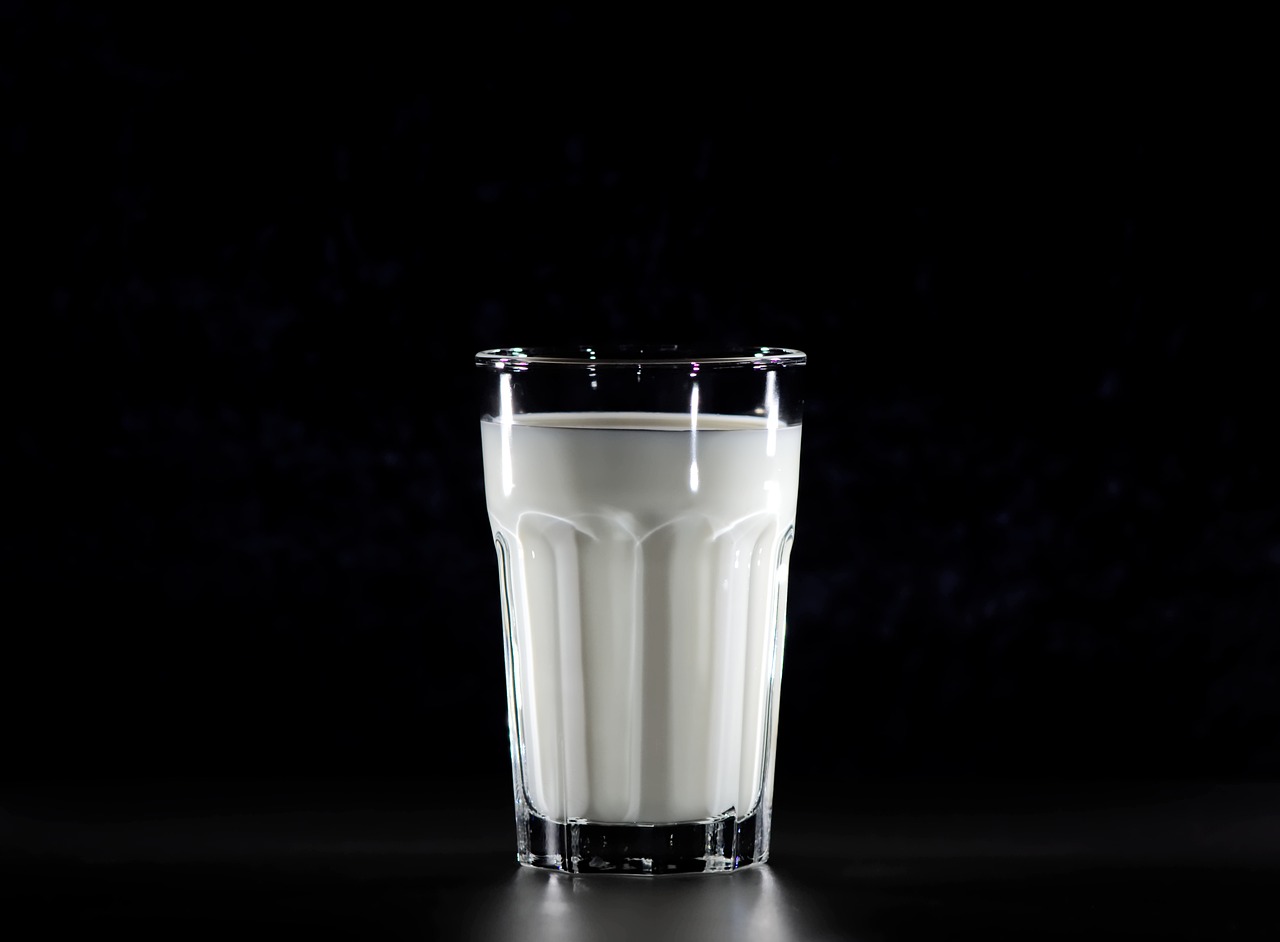
Milk is the essence of nourishment. Reminding many of home and warmth, it’s a testament to nature’s richness. From toddlers to seniors, it remains a trusted source of essential nutrients.
The Nutritional Powerhouse
Rich in proteins, vitamins, and minerals, milk strengthens bones and nurtures the body. Its versatility extends to delicious derivatives like cheese, yogurt, and butter, proving its timeless appeal.
Conclusion: A Sip of Diversity
In essence, beverages mirror our global diversity. From the humble water to the frothy beer, each has its place in our hearts and glasses. As we raise our cups, let’s toast to the world’s shared love for drinks and the stories they tell!
FAQs
- Why is water considered the most crucial beverage?
Water is vital for survival, aids various bodily functions, and serves as a base for many other drinks, making it indispensable. - How did coffee spread worldwide?
From its origin in Ethiopia, trade and exploration introduced coffee to Arabia, Europe, and subsequently the rest of the world. - Does tea have any health benefits?
Yes, tea is rich in antioxidants and has been linked to numerous health benefits, including boosting immunity and reducing the risk of heart disease


